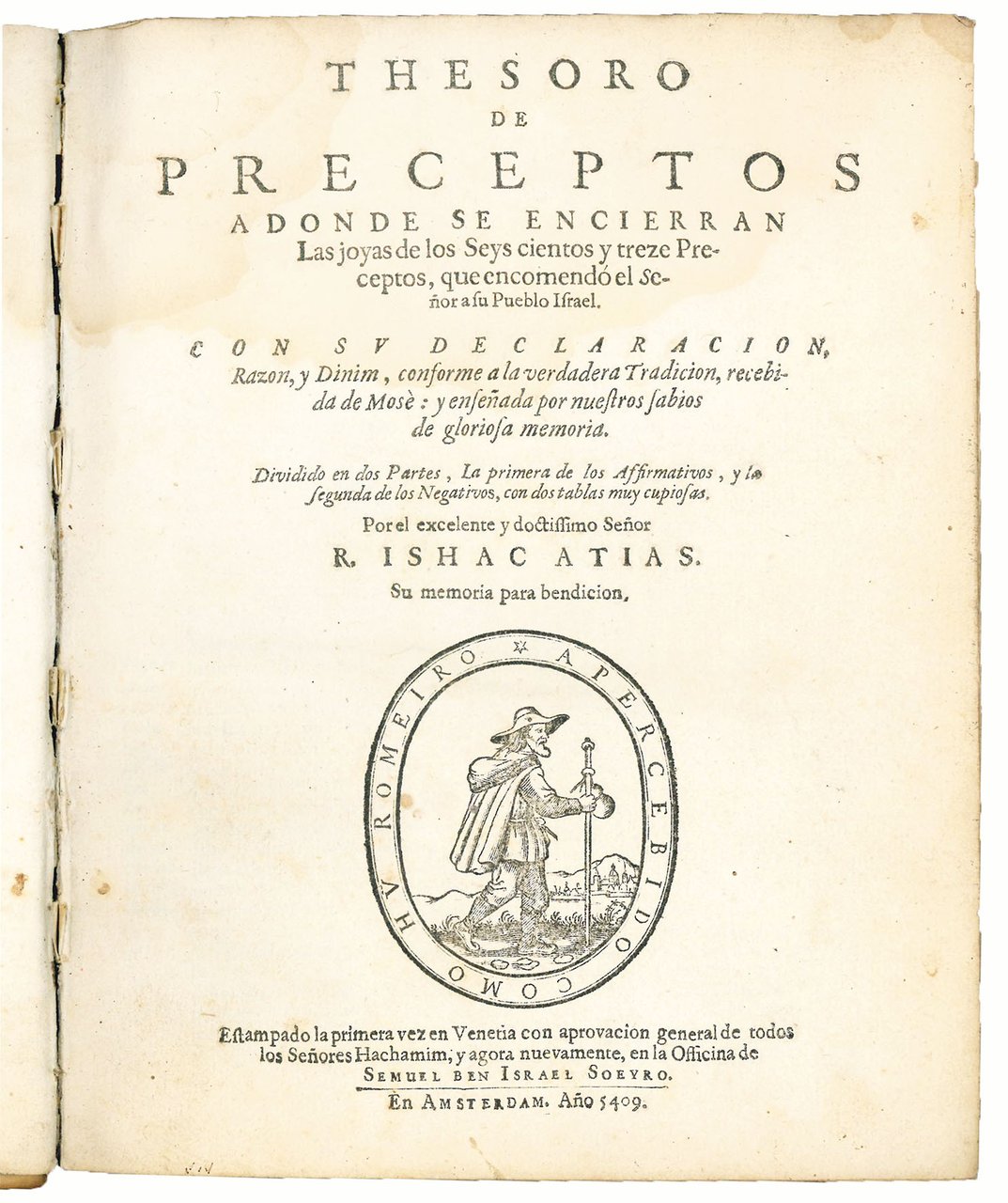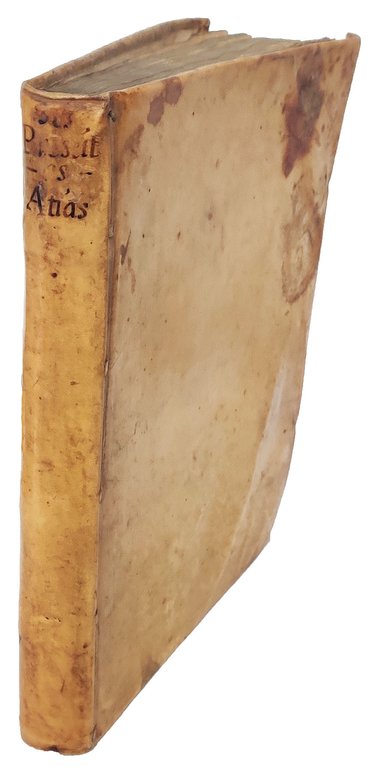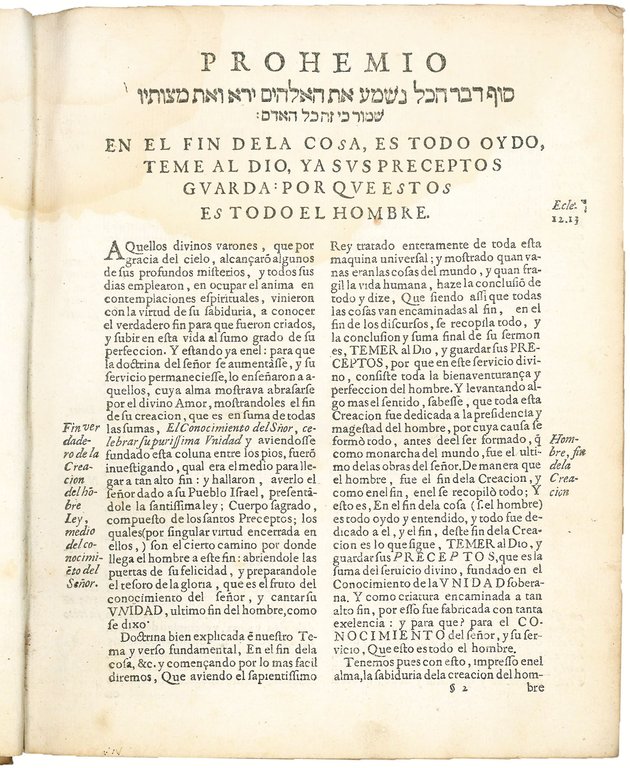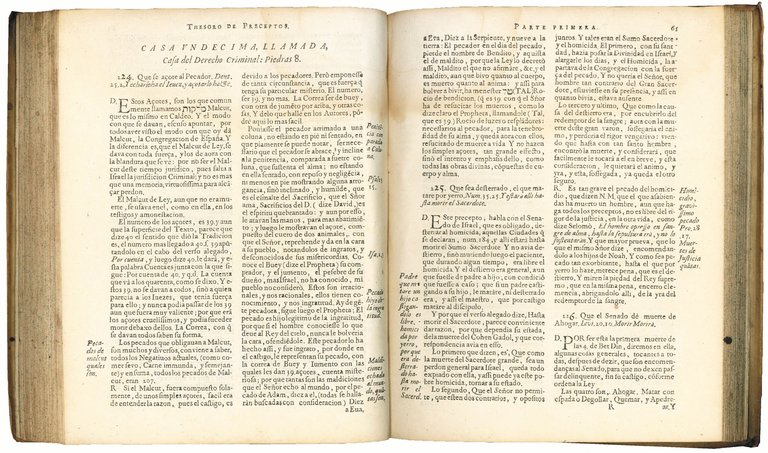



Rare and modern books
ATHIAS, Isaac (b. 1585)
Thesoro de preceptos adonde se encierran las joyas de los Seys cientos y treze Preceptos, que encomendó el Senor a su Pueblo Israel. Con su declaracion, razon, y dinim, conforme a la verdadera Tradicion, recebida de Mosè: y enseñada por nuestros sabios de gloriosa memoria [...]
Samuel Ben Israel Soeyro, 5409 (1649)
2000.00 €
Govi Libreria Antiquaria
(Modena, Italy)
The correct shipping costs are calculated once the shipping address is entered during order creation. One or more delivery methods are available at the Seller's own discretion: Standard, Express, Economy, In-store pick-up.
Bookshop shipping conditions:
For items priced over €300, it is possible to request an instalment plan from Maremagnum. Payment can be made with Carta del Docente, Carta della cultura giovani e del merito, Public Administration.
Delivery time is estimated according to the shipping time of the bookshop and the courier. In case of customs detention, delivery delays may occur. Any customs duties are charged to the recipient.
For more infoPayment methods
- PayPal
- Credit card
- Bank transfer
-
-
Find out how to use
your Carta del Docente -
Find out how to use
your Carta della cultura giovani e del merito
Details
Description
Rare second edition of this commentary in Spanish on the 613 Commandments of Judaism. The first part is devoted to the 248 positive commandments; the second to the 365 negative commandments. Isaac Athias was hakham of the first Portuguese-Jewish congregation in Hamburg and after 1622 at Venice, where the first edition of the Thesoro was first printed in 1627 and where he died. The work was intended for Spanish and Portuguese Marranos in places such as Amsterdam, Venice and Hamburg, where they had returned to their ancestral faith not knowing Hebrew and ignoring most of the traditional practices of Judaism. In the preface, Athias explicitly refers to his Marrano brethren as “the noblest nation in Spain”, who had been punished with “exile, disaster, death and excessive suffering [...] the greater part of whom were miserably buried in the darkness of perdition until the Lord came to their rescue and they returned to worship Him”.
Palau, 19334; Sephardic Editions, 1550-1820 Online.

